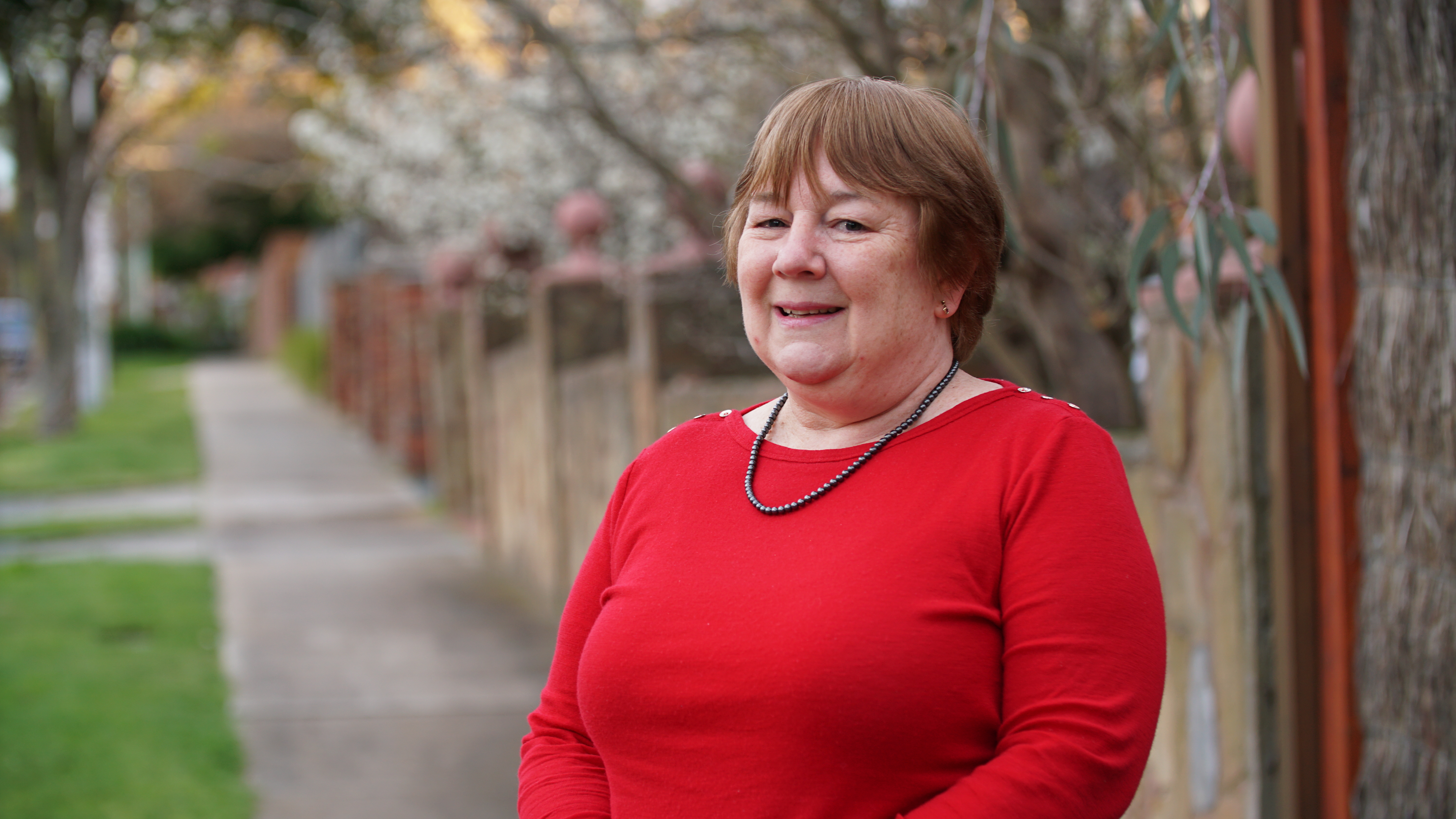Susan Biggar, AHPRA’s National Manager of Regulatory Experience and engagement, said pharmacists and other healthcare workers who receive a professional complaint often feel distressed, isolated, and fearful about their career’s future.
In 2023, a report commissioned by AHPRA revealed at least 16 practitioners involved in the scheme died by suicide while under a notification between January 2018 and December 2021.
“Many feel the regulator is going to view it as a stain on their career, but complaints come in a large variety, and they are not in and of themselves indicative of a poor practitioner,” Ms Biggar said.
“It is exceptionally rare for someone to be referred to the tribunal for potential professional misconduct, which is what practitioners spend a lot of time worrying about.”
In the 2023–24 financial year, 466 notifications were made about 372 pharmacists to AHPRA, representing 1.7 percent of the profession. That figure has changed little over the last five years.
Almost 60 percent of complaints relate to topics of medication, while communication accounts for around nine percent, followed by behaviour at five percent.
Sometimes patients only come to us because the pharmacy had no complaints process, and the patient feels they haven’t been heard, and they want to give feedback.
Susan Biggar, National Manager of Regulatory Experience and Engagement, AHPRA
Ms Biggar said AHPRA was required to review every complaint it received, despite most cases being considered less serious.
“Depending on the complaint, the common outcome is that the board decides to take no further regulatory action, or it might be that the pharmacist hears the concerns, addresses them through education or process change, as an example, and the board deems it safe for them to continue to practise.
“Just because we are looking into it doesn’t mean we think this pharmacist is in trouble or they really blew it here.”
Phoning pharmacists to discuss their complaint instead of notifying them via letter, raising awareness and normalising the regulatory process at conferences, and actively encouraging practitioners to seek professional mental health care are just some of the ways AHPRA hopes to improve the experience.
Ms Biggar said pharmacists should set up an in-house complaint process.
“Sometimes patients only come to us because the pharmacy had no complaints process, and the patient feels they haven’t been heard, and they want to give feedback.
“We think a lot of the things that are raised with us would be much better raised and resolved locally.”
In a bid to destigmatise feelings of shame, AHPRA launched a video campaign asking healthcare leaders to share their lived experience of receiving a notification.
Kay Dunkley, Executive Officer at Pharmacists’ Support Service, said the service received more than 500 calls for support in the 2024–25 financial year. Regulatory notifications were the third most common reason pharmacists contacted them.
“It becomes a threat to personal identity because they feel judged, and they think they’re going to lose their registration,” Ms Dunkley said.
“A lot of it is reassuring them that receiving a notification is not that uncommon.”
Her advice for pharmacists is to speak to family, friends, and colleagues to reduce feelings of isolation, and to reach out to their indemnity provider.
Naomi Lim, a Professional Officer with Pharmaceutical Defence Limited, said pharmacists who have received a notification should report the incident as soon as possible.
Ms Lim said if the policy is triggered and a verbal or written response to the notification is required, a representative will be assigned to help the pharmacist with their response.
“We can only provide support if we are aware of the situation,” she said.
“Look at it as an opportunity to tell your side of the story.
“Reflect on your practice, identify changes that can be made and consider prevention strategies. Risk mitigation is key.”













